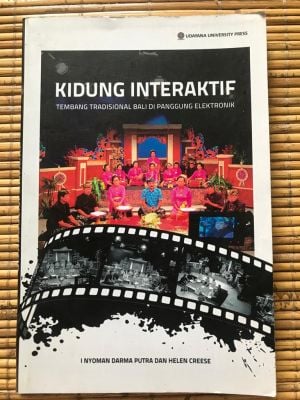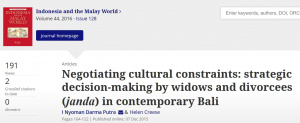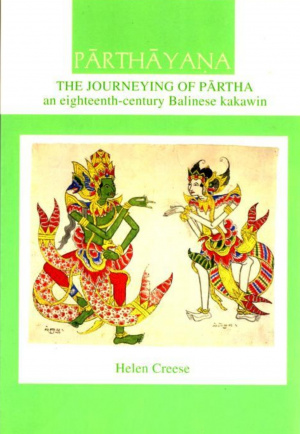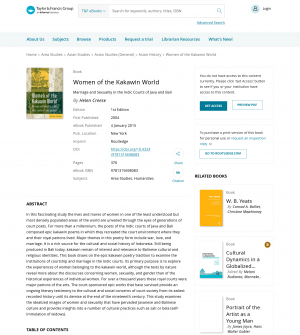Associate Professor Helen Creese's research interests include Balinese textual and literary traditions, Balinese history and historiography and gender. Her research spans historical and contemporary periods. It draws extensively on indigenous textual traditions written in Indonesian, Balinese, Old Javanese as well as colonial sources in Dutch and French. Her publications include translations of both classical and modern texts.
She is the author of Bali in the Early Nineteenth Century: The Ethnographic Accounts of Pierre Dubois (2016); Women of the Kakawin World: Marriage and Sexuality in the Indic Courts of Java and Bali (2004); Guide and Index to the Hooykaas-Ketut Sangka Balinese Manuscript Collection in the Australian National University Library (2004); and Parthayana: The Journeying of Partha. An Eighteenth-Century Balinese Kakawin (1998). She has co-edited 'The Stigmatisation of Widows and Divorcees (janda) in Indonesian Society,' Special Issue of Indonesia and the Malay World (with Lyn Parker, 2016); From Langka Eastwards: The Ramayana in the Literature and Visual Arts of Indonesia (with Andrea Acri and Arlo Griffiths, 2011); 'Gender, Text, Performance and Agency in Asian Cultural Contexts,' Special Issue of Intersections: Gender and Sexuality in Asia and the Pacific (with Rosie Roberts, 2008); Seabad Puputan Bali: Perspektif Belanda dan Bali (with Henk Schulte Nordholt and Darma Putra 2006); and 'Old Javanese Texts and Culture,' Special Issue of Bijdragen tot de Taal , Land- en Volkenkunde (with Willem Van der Molen, 2001).
Her current research projects include an investigation into textual traditions, identity and cultural production in contemporary Bali, a literary history of Bali, and a number of projects on precolonial Balinese history.
She was elected as a Fellow of the Academy of Humanities of Australia in 2007. She serves on an number of editorial advisory boards including the Southeast Asian Publications Series of the Asian Studies Association of Australia, Asian Studies Review, Intersections: Gender and Sexuality in Asia and the Pacific and Indonesia and the Malay World.
Nothing was added yet.











Enable comment auto-refresher